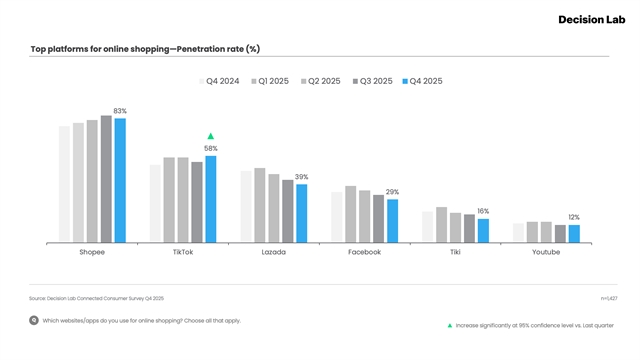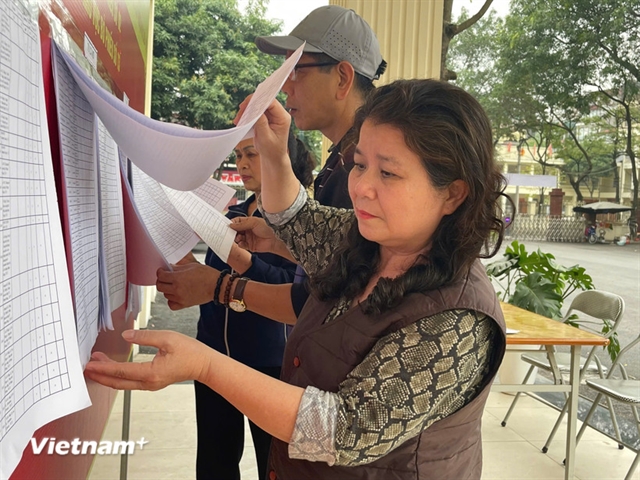 Society
Society
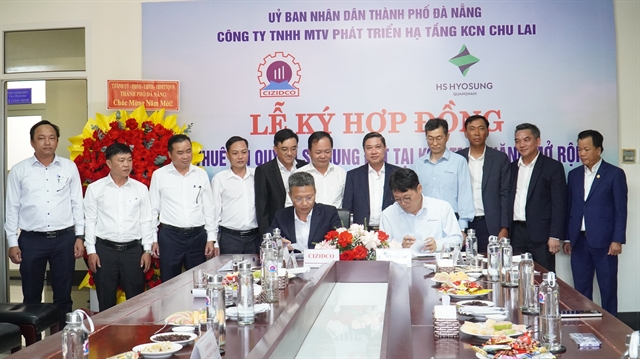
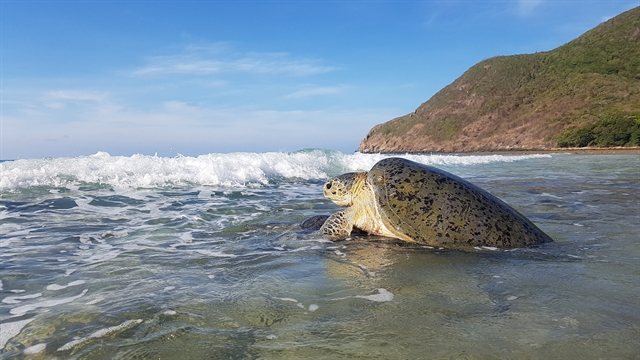
|
| A turtle at Côn Đảo National Park, Việt Nam's first marine Ramsar site. — VNA/VNS Photo |
HÀ NỘI Celebrated annually on February 2, World Wetlands Day 2024 takes on the theme of “Wetlands and Human Wellbeing” which highlights the interconnectedness between human welfare and environmental health of wetlands across the globe.
Wetlands play a significant role in ecological balance, nutrition supplies and serving as the habitat for numerous wild species. They also can sequester carbon and help respond to climate change.
Việt Nam has approximately 12 million hectares of wetlands across its Red River and Mekong deltas with a diverse ecosystem of more than 1,000 fish, 800 birds and 800 invertebrate species in freshwater habitats, alongside 11,000 fauna and flora species in coastal wetlands.
Việt Nam has successfully nominated nine Ramsar sites with a total area of 120,549 hectares, which are the national parks of Xuân Thủy, Tràm Chim, Cà Màu Cape, Côn Đảo, U Minh Thượng; Bàu Sấu area in Cát Tiên National Park; Ba Bể Lake; as well as Láng Sen and Vân Long wetland reserves.
More than 90 per cent of the United Nations (UN) member countries have signed the Ramsar Convention, which was adopted in 1971.
Joined in 1989, Việt Nam became the first Southeast Asian to join the convention and the 50th globally.
The conservation and development of resourceful and biodiverse wetlands have been identified by the state and the Party as one of Việt Nam's sustainable development goals.
The Ministry of Natural Resources and Environment has issued Dispatch No 183/BTNMT-BTĐD to other ministries and ministerial-level and government agencies to promote communication on wetlands’ importance and values to human life and nature.
The document also calls for better awareness of the prominent risks to wetland ecosystems and citizen engagement in the sustainable use, protection, management and restoration of wetlands.
The wetland area of Xuân Thủy National Park (Nam Định Province) was officially recognised as the first Ramsar site of Việt Nam in January 1989.
The park has since organised numerous projects that help locals increase their income through mushroom growing, beekeeping or community ecotourism.
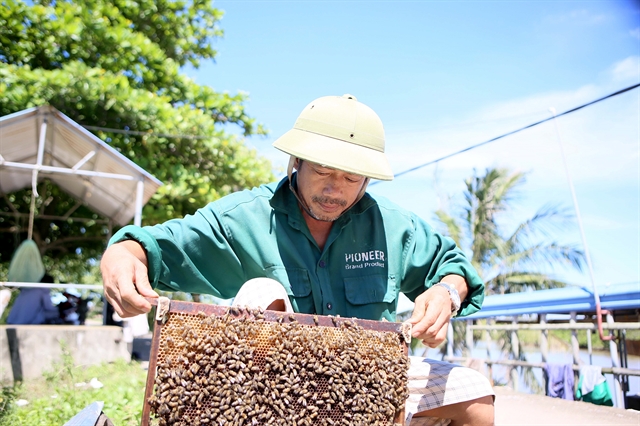
|
| A beekeeper checks a brood box at Xuân Thủy National Park. — VNA/VNS Photo Công Luật |
Benefitting from the park, residents and authorities have coordinated various ecosystem conservation and development activities, including afforestation projects.
Forest rangers also conduct regular patrols to prevent crimes such as hunting wild birds or illegal exploitation of woods and aquatic resources.
Meanwhile, Côn Đảo National Park has successfully put in place 17 ecotourism routes. The engagement of local communities and travel agencies helps share benefits among stakeholders, offer stable income sources, and encourage locals to participate in biodiversity conservation. — VNS



